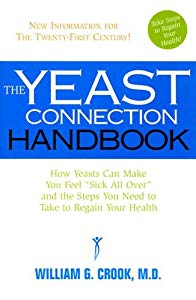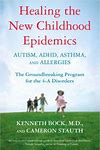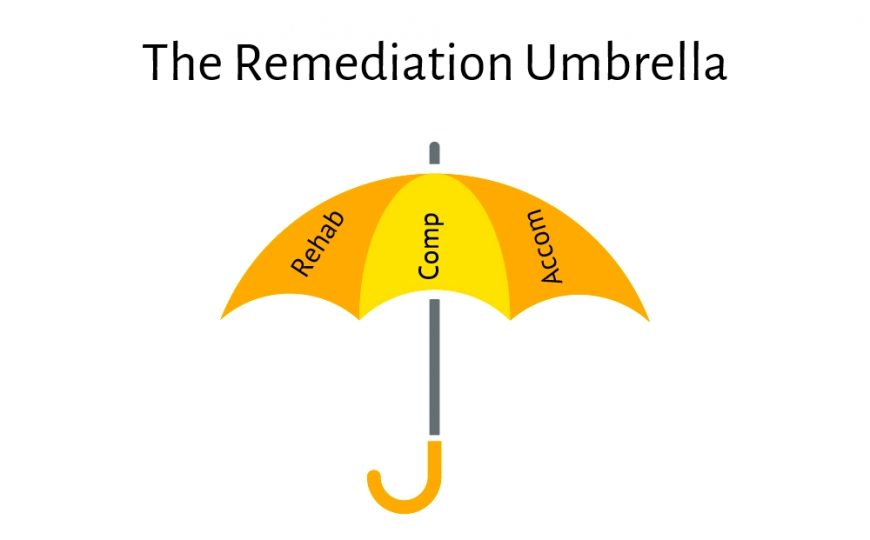It is important to raise your child as an individual. People often confuse developmental milestones for a developmental blueprint. This can either inappropriately inhibit you and your child or put undue pressure on you and your child. Just because the average child is toilet trained at three years old does not mean your child is average or must be. I learned this one from personal experience. When Beth* was 2 ¼ she wanted to play on the computer like her older siblings. (She was a petite little thing and back then the mouse only came in one size… bigger than …










